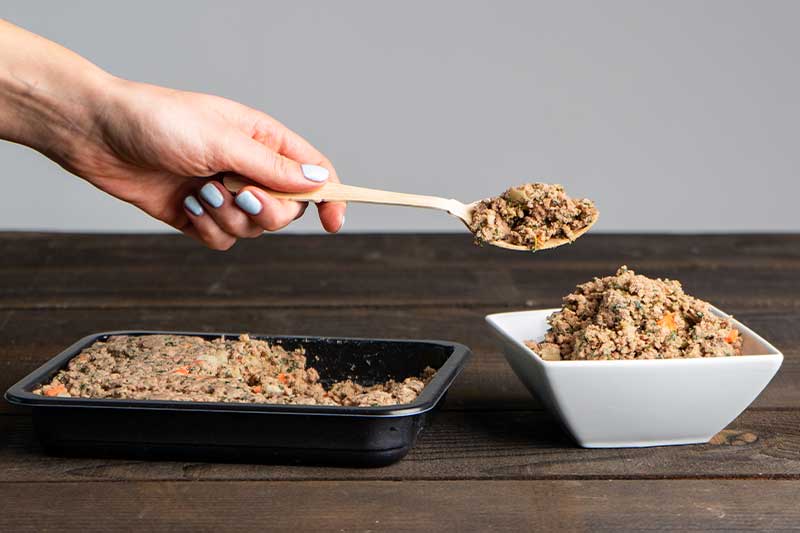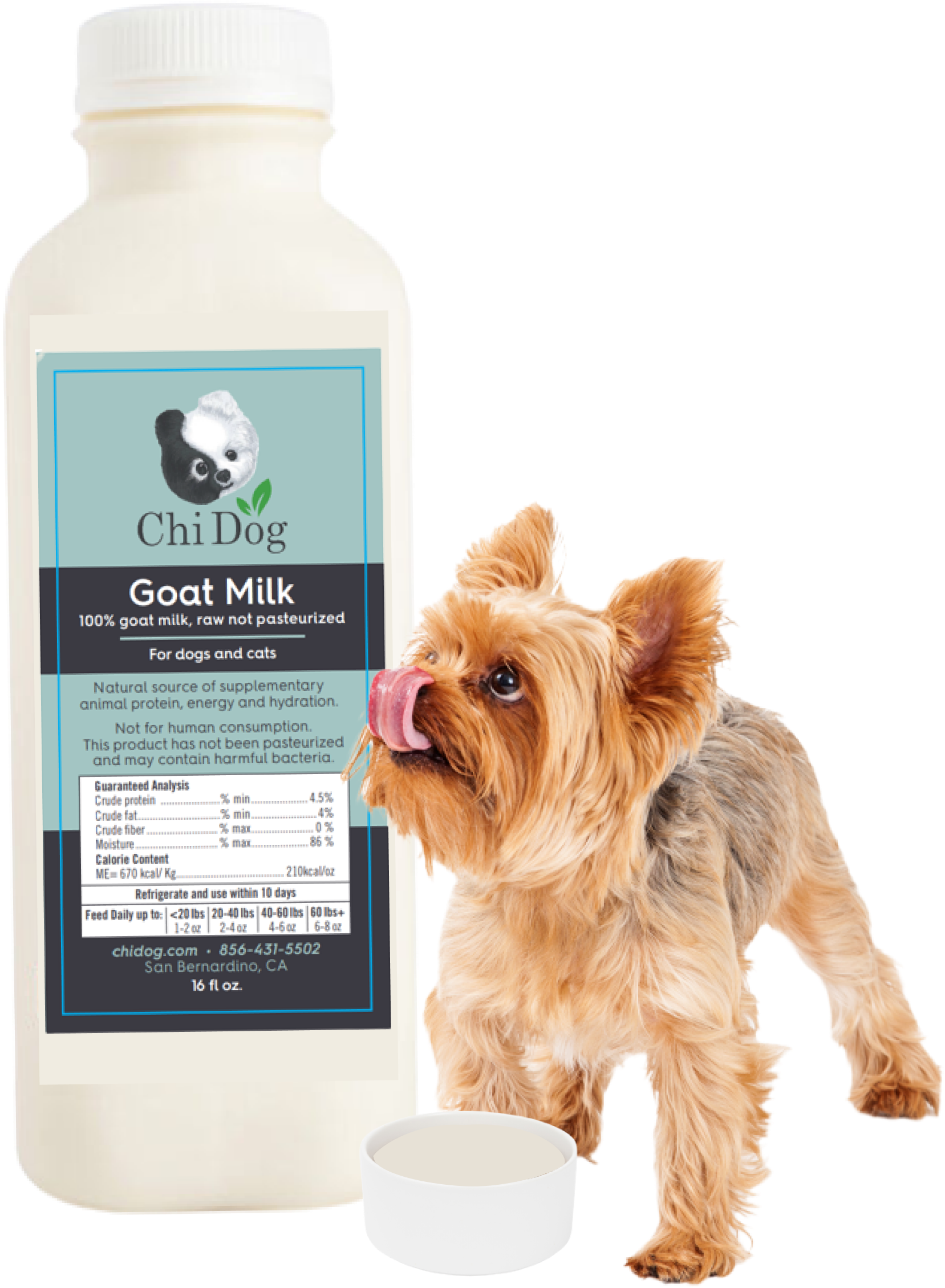
GI Sensitivity in Dogs: A Guide to Gentle Foods

Introduction
Watching your beloved canine suffer from GI discomfort can be hard for any pet parent. Frequent trips to the vet, the rising medical bills, and the helplessness when conventional dog food fails to provide relief can be overwhelming. If your dog seems to be sensitive to many foods consider an integrative approach using Traditional Chinese Medicine Food Therapy’s whole food approach. Integrative veterinarians such as myself, use whole foods to bring balance to the body the same way we use acupuncture and herbs. In this comprehensive guide, we will delve into GI sensitivity and explore the power of a gentle, real food diet for your dog.

Kibble and Canned Dog Food is Processed Food
In the quest for convenient feeding options, many pet owners turn to processed dog foods like kibble and canned dog food. These options may seem practical, but they often come with a hidden cost – exacerbating GI sensitivity in dogs. Processed foods are typically filled with artificial preservatives, additives, and low-quality ingredients that can wreak havoc on your dog's digestive system. This is true even for the prescription dog food lines as they are made with the same poor feed grade ingredients.
Processed foods are well documented to be pro-inflammatory, increasing risks of cancer, obesity and diabetes in people. Newer research is even finding an association between processed food and cognitive decline. In addition processed dog foods, especially kibble have high starch content which leads to imbalances in your dog's gut microbiome, contributing to discomfort and GI sensitivity. These diets lack quality ingredients needed to support a healthy gut lining and immune system. To combat GI sensitivity issues, it's crucial to avoid processed foods and opt for a more natural, gentle approach to feeding.

Traditional Chinese Veterinary Medicine (TCVM) Perspective on Raw Feeding and raw vegetables:
In Traditional Chinese Veterinary Medicine (TCVM), the foundation of a dog's health is a robust and balanced Spleen Qi. This vital energy is heavily dependent on the quality of the food they consume. TCVM views sensitive stomachs as a reflection of Spleen Qi deficiency, which can be addressed with a gentle, real food diet but further damaged with diet high in raw foods.
While it's common knowledge that fruits and vegetables are essential for a balanced human diet, raw fruits and vegetables can be difficult for dogs with GI sensitivity to digest. Traditional Chinese Veterinary Medicine, (TCVM) recommends cooked foods for GI sensitive dogs as a more gentle way to feed. To ease GI sensitivity, it's advisable to use cooked vegetables. The same principle is true for raw meat. Raw feeding can be a great option for a young healthy dog but not appropriate for a senior or any dog with GI sensitivities. This is where Chi Dog's Wood Diet comes into play as an ideal solution for dogs with sensitive stomachs.

Chi Dog's Wood Diet Recommendation
At Chi Dog, we understand the unique dietary needs of dogs dealing with GI sensitivity. Our Wood Diet, thoughtfully formulated by veterinarians, aligns perfectly with TCVM principles to address Spleen Qi deficiency and provide relief from digestive discomfort.
The Wood Diet consists of:
- Human grade cooked ground white meat chicken, (no organ meat)
- Scrambled eggs
- brown rice
- Cooked carrots, eggplant and broccoli
- Vitamins and minerals needed for balance
carefully selected to ensure it is gentle on your dog's digestive system and promotes healthy dog food choices. Chicken offers a lean source of protein that is easy to digest, reducing the risk of allergies and irritation. Eggs provide protein and choline, supporting liver function, a vital organ in digestion. Brown rice contributes necessary fiber for digestive health without causing irritation. Additionally, we include Chinese eggplant, carrots, and broccoli, cooling vegetables that offer a wide range of vitamins beneficial for dogs with sensitive stomachs.
The base of chicken and rice are gentle foods, called Qi Tonics in TCVM. Wood Diet promotes holistic healing by supporting your dog's GI sensitivity. The Wood Diet aligns with AAFCO guidelines for all life stages of a dog, ensuring your furry friend receives the nutrition they need for long-term health.

Tips for Feeding Your Dog’s Sensitive Stomach
Knowing what to feed a dog with a sensitive stomach is one thing; transitioning them to their new diet can be a challenge in its own right. Here are some tips on gradually easing them into the Wood Diet:
- Gradual Transition: Switch to the Wood Diet gradually over a week to allow your dog's digestive system to adjust.
- Consult Your Veterinarian: Always consult your vet before making a significant dietary change, especially for dogs with existing health conditions.
- Monitor and Adjust: Observe your dog's bowel habits, skin, and overall demeanor to ensure the diet is beneficial. Know that whole food diets lead to smaller stools and less frequent stool than processed dog food- this is normal and a good sign.
- Keep Hydrated: Always provide fresh water, especially when switching to a more protein-rich diet.
More Advice on Treating Sensitive Stomach in Dogs Beyond Diet
While a gentle, real food diet is a crucial component of managing sensitive stomachs, there are other strategies that can work synergistically with the Wood Diet to provide comprehensive support for your dog's digestive health.

Hydration: An Often Overlooked Aspect in Managing Sensitive Stomachs
Water plays a crucial role in digestive health, aiding in nutrient absorption and enzyme function. Many dog owners overlook this simple but vital component. Ensure your dog has access to fresh, clean water at all times, especially when transitioning to a diet like the Wood Diet, which is richer in protein and may increase the demand on their kidneys and digestion.
Goat Milk: Nature’s Probiotic
The gut is a complex ecosystem of beneficial bacteria that plays a pivotal role in digestion and immune function. Probiotics introduce beneficial bacteria into the gut, while prebiotics serve as food for these bacteria. Both can be beneficial in regulating your dog's digestive system. Raw unpasteurized goat milk is a great natural probiotic to consider adding to your dog’s meal. Goat milk is a gentle Qi tonic in TCVM in addition to being a whole food probiotic.
Herbal Therapies for Supporting Digestive Health
In Traditional Chinese Medicine, herbal remedies often complement dietary adjustments. Ingredients like ginger, peppermint, and chamomile have been used for centuries to soothe gastrointestinal discomfort. An experienced TCVM trained integrative veterinarian can guide you here.

Wrapping Up Our Guide on What to Feed a Dog With Sensitive Stomach
In conclusion, addressing GI sensitivity. requires a multi-faceted approach. From avoiding processed foods and raw meat and vegetables to opting for gentle, real food diets like Chi Dog's Wood Diet, there are numerous strategies to help your furry friend find relief from digestive discomfort. By prioritizing your dog's digestive health, you're not just improving their immediate well-being, but also setting the stage for a long and vibrant life.
Remember, when it comes to your dog's health as well as our own- food is the medicine we take every day.



